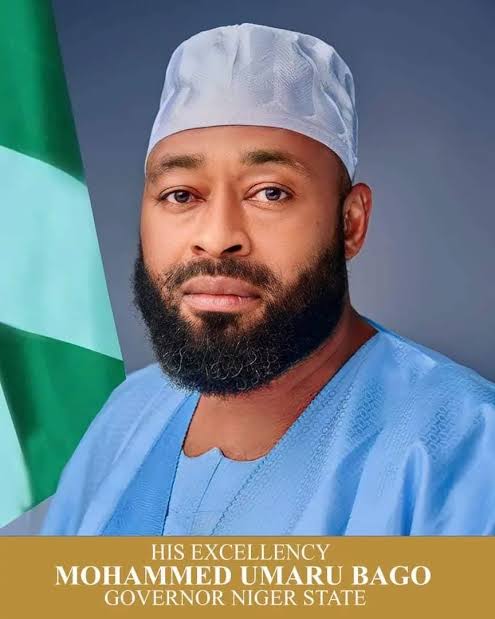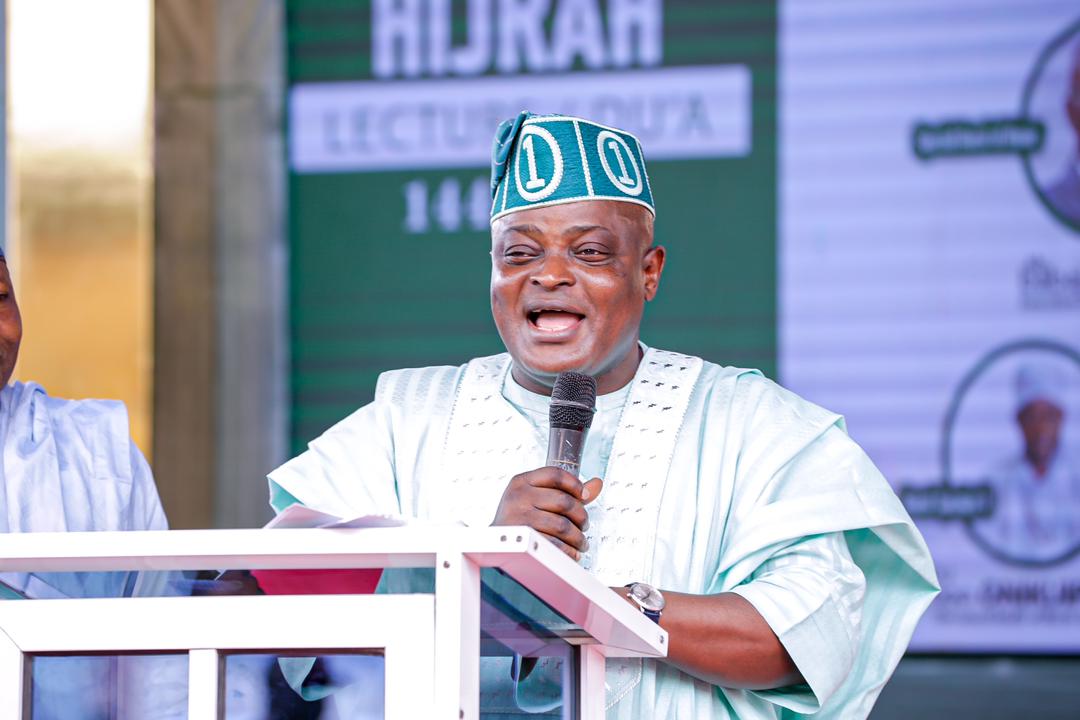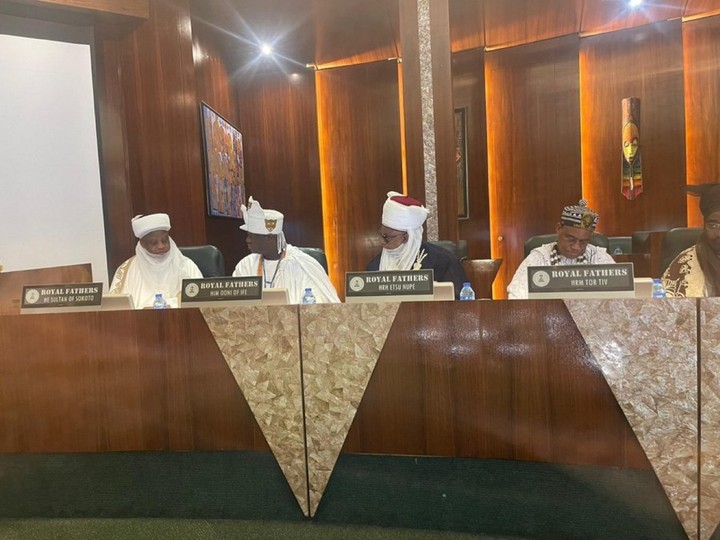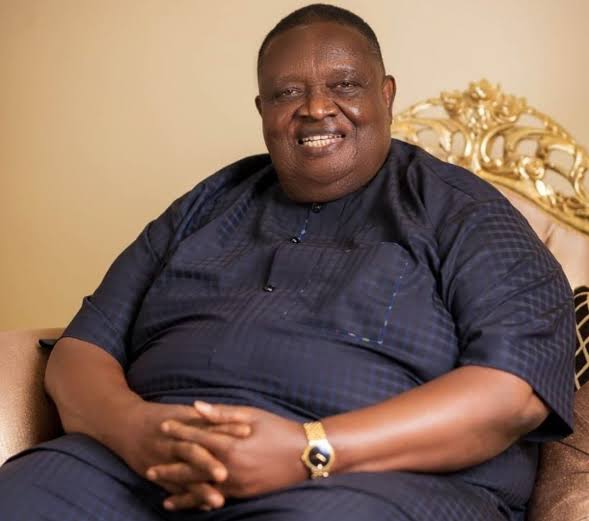*Niger’s Journey of Redemption Under Governor Bago*
By Paul Dickson
As the esteemed Warren Bennis so eloquently articulated, “Leadership is the capacity to translate vision into reality,” a sentiment that finds profound resonance in the transformative narrative of Niger State, a region that once shone brightly as a paragon of progress and development, only to succumb to the ravages of neglect and decay over the course of three decades. Nevertheless, with the ascendance of Governor Umar Bago’s administration, the state has embarked upon a truly remarkable journey of redemption, one characterized by a visionary leadership that has steadfastly committed to revitalizing the state’s infrastructure, catalyzing economic growth, and enhancing the overall quality of life for its citizens. Through a plethora of innovative projects and initiatives, Governor Bago has demonstrated an unwavering dedication to translating his vision for a resurgent Niger State into tangible reality, thereby embodying the very essence of leadership as so succinctly defined by Warren Bennis.

The administration has taken proactive steps to address the decay of infrastructure in Niger State. One of the most significant achievements of the Bago administration is the comprehensive overhaul of the state’s road network. With the approval of federal authorities, his government has taken over the rehabilitation of critical federal roads, ensuring seamless connectivity and facilitating economic growth. To date, the administration has constructed an impressive 1,000 kilometers of roads, including 400 kilometers of federal roads, thereby enhancing the state’s transportation infrastructure. This initiative has greatly improved connectivity and transportation within the state, boosting trade and commerce.
Agriculture has also received a significant boost under Governor Bago’s leadership. In pursuit of food sufficiency, the administration has purchased 300 tractors to bolster food production, demonstrating a clear commitment to agricultural development. This initiative has empowered local farmers, enhanced productivity, and contributed to the state’s economic growth. Additionally, the state has established a N3.5 billion Agricultural Development Fund to not only encourage youth participation in agriculture but also address economic and social essentials. This move not only enhances food production but also provides employment opportunities for the citizens, thereby improving their standard of living.
Niger State’s revitalized emphasis on agriculture is not only opportune but also harmonizes perfectly with the overarching national strategy to reinvigorate Nigeria’s quest for sustainable food security and economic prosperity. It is undeniable that Nigeria is currently grappling with what can be aptly described as economic instability, and mitigating this predicament necessitates a collective and concerted commitment to bolster agricultural advancement, thereby fostering a robust and resilient economic foundation for the nation.
The education sector, a vital cornerstone of societal development, has received paramount attention and consideration under Governor Bago’s visionary leadership. His unwavering commitment to education is manifest in concrete actions, such as the prompt settlement of outstanding fees owed by the state government to examination bodies, thereby demonstrating a tangible dedication to education reform. Furthermore, his administration has generously awarded scholarships to 1,530 final-year secondary school students, a testament to Governor Bago’s unrelenting passion for empowering the next generation through quality education. Additionally, a comprehensive renovation of dilapidated educational institutions has been ongoing, ensuring a conducive learning environment for students, while also upholding the Free Basic Education policy in the state, thereby fostering a culture of inclusivity and equal access to education for all. This gesture has not only alleviated the financial burden on students but also motivated them to pursue their academic goals with renewed enthusiasm.
However, the healthcare sector has also witnessed significant progress under Governor Bago’s leadership. The ongoing construction of the Ibrahim Badamasi Babangida University Teaching Hospital in Minna is a landmark project that will revolutionize healthcare delivery in the state. This state-of-the-art facility will provide citizens with access to quality medical care, reducing the need for medical tourism and enhancing the overall well-being of the population. Governor Mohammed Bago presided over the signing of a Memorandum of Understanding MoU between Niger Foods Ltd and The Niger State Contributory Healthcare Agency (NiCare) to provide access to health insurance for farmers in the state, ensuring a safer health for a healthy production and sustainability.
In addition to these projects, Governor Bago’s administration has also made significant strides in the areas of water supply, electricity generation, and youth empowerment. The administration’s commitment to providing clean water and electricity to all citizens has led to the construction of new water treatment plants and the upgrade of existing power infrastructure. Furthermore, the government’s youth empowerment programs have provided training and employment opportunities for thousands of young people, reducing unemployment and fostering economic growth.
Governor Bago’s administration has been marked by a commitment to developmental policies and a dedication to engaging indigenous professionals in all projects. This approach has not only ensured the quality of the projects but also fostered a sense of ownership and pride among the citizens. This initiative is not just about providing financial aid; it is about investing in the future of the state.
Governor Umar Bago’s administration has undoubtedly ushered in a new era of redemption for Niger State. Through his unwavering commitment to development, the state has witnessed a transformative resurgence in infrastructure, agriculture, education, and healthcare. As the state’s motto aptly puts it, “the power state,” Governor Bago’s actions have truly upheld the spirit of progress and development that Niger State was once known for.
The resurgence of Niger State is a clear demonstration that with the right leadership, commitment, and policies, a state can rise from the ashes and reclaim its glory. The touch of an extraordinary man called Mohammed Bago, gave Niger state an extraordinary rebirth. As the state continues on this path of redemption, its citizens can look forward to a brighter future, filled with hope and prosperity.
Dickson wrote this piece from FUT, Minna.

 Business6 months ago
Business6 months ago
 Business6 months ago
Business6 months ago
 celebrity radar - gossips6 months ago
celebrity radar - gossips6 months ago
 celebrity radar - gossips6 months ago
celebrity radar - gossips6 months ago















